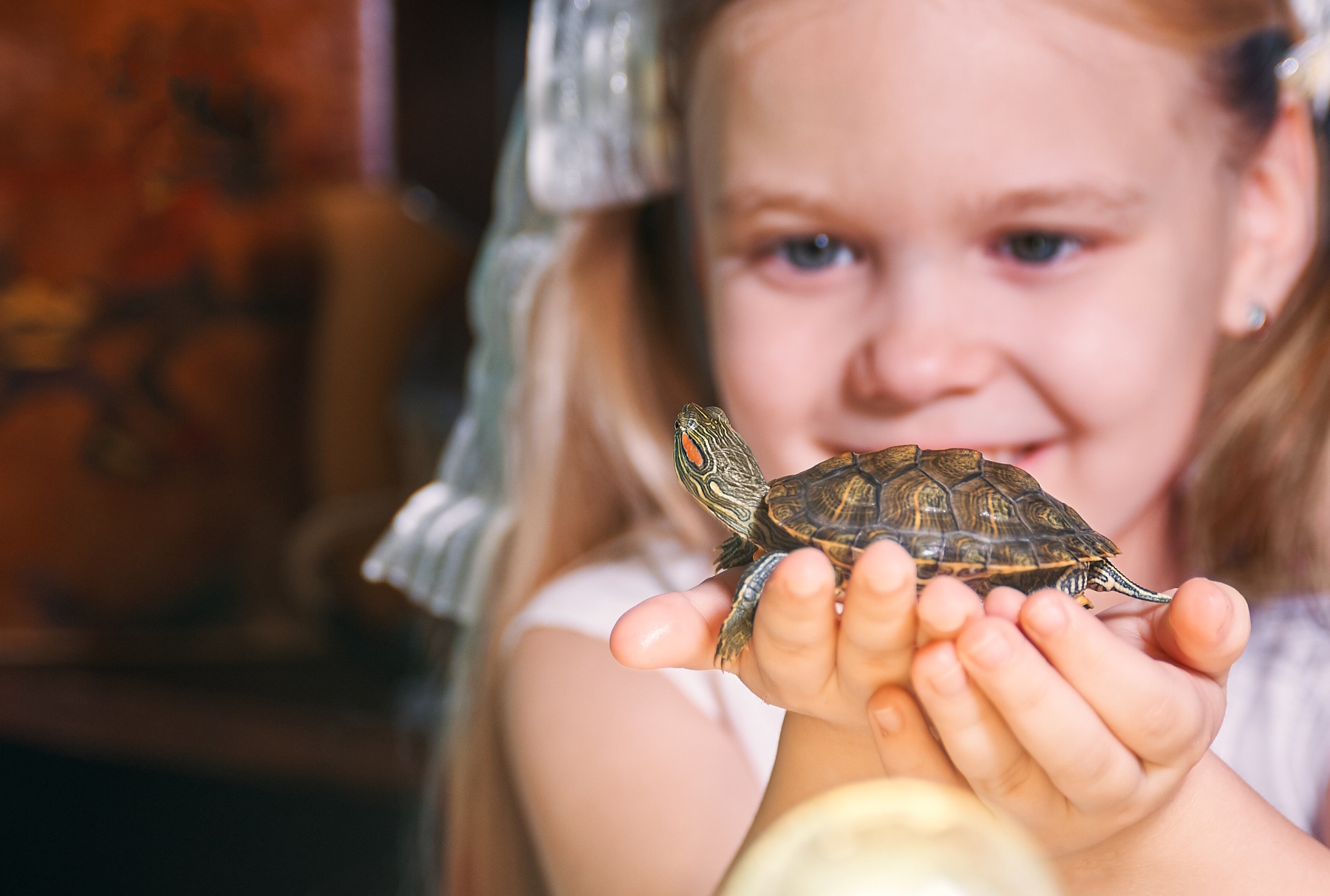Activities for Schools
The marine environment is the ideal platform from which to launch pupils into a lifetime of scientific discovery.
Key stage 1
With the Dove’s Aquarium facilities, your pupils will learn to overcome their fears of living organisms.
They'll get to hold and observe animals in a non-threatening space.
The Dove also provides a safe base from which to stage field-based trips.
Hands-on learning
Pupils visiting the Dove learn about:
- how to treat living animals with care and sensitivity
- the range and diversity of living things and how they are structured
- simple classification and grouping living organisms
- food chains and the essential role of plants
- exploring a habitat and how animals and plants interconnect
- pollution and how to care for local habitats
Contact us
Please contact mast.outreach@ncl.ac.uk to discuss your class and fieldtrip needs.
Key stage 2
Through an enquiry-based learning approach, marine biologists and trained educators will open up a range of opportunities for your pupils.
At the Dove Marine Laboratory, we'll give your pupils access to laboratory equipment and microscopes. We'll encourage them to think creatively about science and how things work.
Your pupils will explore marine and freshwater environments, and undertake investigations and discoveries.
They will be facilitated to think about how science experiments have to ‘be fair’.
Splashdown summer school
We run week long summer schools for 9 to 14 years old. This is a great introduction to the marine environment, and is a lot of fun.
Find out more about the Splashdown programme and how your pupils can join.
Contact us
Please contact mast.outreach@ncl.ac.uk to discuss bringing a group of Key Stage 2 pupils to the Dove.
Secondary
Young people are aware of threats to the natural environment. They know about pollution, climate change, and depleting resources.
They are motivated to tackle the big questions of:
- innovative energy sources
- new novel compounds that can be used in drug discovery and medicine
- different solutions to waste treatment
They understand scientists and technologists must come together to bring new solutions to our everyday problems.
Oceanographers, marine engineers and marine biologists are among world leading professionals working hard to ensure we have a safe and sustainable future. Scientists, engineers and technologists at Newcastle University will work with your teaching staff and pupils to provide an inspiring and challenging learning environment that directly meets the needs of your school.
We can offer field and laboratory-based activities to develop pupil confidence in science and technology learning.
Activities
The types of activities that we offer key stages 3, 4 and 5 include:
- ‘Desert Island Survival’ activities
- surveying habitats: rocky shore, freshwater and sand dune habitats
- succession in sand dune systems
- Marine Science Masterclass: Alien invasives and novel solutions
- Marine Technology Masterclass: designing the ships of the future
- support for coursework projects
Contact us
If you'd like to bring a group into the University for a class or field trip, please email mast.outreach@ncl.ac.uk
Special needs
We operate an inclusive approach to education and are passionate about providing opportunities for all learners.
We have run some fantastic science and environmental projects in recent years, and have developed a close working relationship with a number of schools in the region.
Contact us
We can tailor activities accordingly to ensure the optimum learning experience.
Please email mast.outreach@ncl.ac.uk to discuss the particular needs of your pupils.
